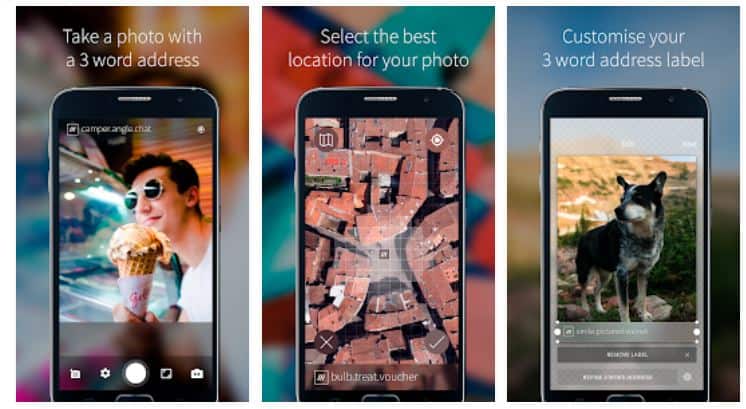 Over 202 million people in the US have an address that does not lead directly to the door of their home or business property, according to new research by what3words.
Over 202 million people in the US have an address that does not lead directly to the door of their home or business property, according to new research by what3words.
The British technology company, which has divided the entire globe into 3m x 3m squares and given each one its own unique 3 word address, says that our traditional addressing system is ‘no longer fit for purpose’.
Only 38% of street addresses lead right to the front door, with the majority directing people to an inexact point outside a building or on a road. The problem is particularly bad for those living in multi-address buildings, rural areas, or new builds and for those who work on industrial estates, where the address covers acres of land and is unable to identify an exact spot.
Almost three quarters of US residents surveyed (73%) say that deliveries, services and visitors struggle to find their homes or businesses.
In addition, nearly three in five (56%) motorists have had to take phone calls from companies who can’t find them – be they taxi firms, food delivery drivers or couriers. More than a quarter (26%) provide additional directions in order to explain to others how to reach them.
Remarkably, over one in five (22%) of those have had to resort to scribbling a map with pen and paper.
Chris Sheldrick, CEO and co-founder of what3words, said: “When our current addressing system was first built, it wasn’t designed for a future of drone deliveries and hailing autonomous taxis. Technology is rapidly taking over the world in which we live, and our addresses are no longer fit for purpose.
“This isn’t just a problem of the future: it’s a problem now. We’ve all felt the frustration of having a lukewarm pizza turn up at the door because it’s taken so long for the delivery driver to find us, or of being lost despite the sat nav telling us ‘you have arrived at your destination.’
“If so many of us experience problems with location data today, imagine the chaos inexact addressing will cause in autonomous cars when you won’t be able to explain in more detail where you want it to go in the same way as you can with a driver.”
With the boom in ecommerce and online shopping, experts predict that, within 10 years, 80% of parcel deliveries will be carried out by driverless entities like drones and autonomous vehicles. In this not-so-distant future, inaccurate addresses will not be an option. Autonomous vehicles will not be able to cruise up and down the street looking for the correct delivery door, and drones won’t be able to call for additional directions.
When it comes to people trying to find locations via postcodes, more than a fifth (21%) of sat nav users polled have used postcodes that took them to the wrong place entirely.
And, while car makers like Audi and Nissan pour millions into the race towards autonomy, inaccurate location data could be one of the biggest barriers to making driverless cars a reality.
Interestingly, two thirds (68%) of those surveyed by what3words said that they would benefit from a more accurate addressing system, and over a third (35%) would be open to trying a completely new form of address.
Another problem the current addressing system faces is its inefficiency when integrated with speech recognition software. Voice-controlled devices are quickly becoming an integral part of our homes and cars, but vocalizing traditional addresses leads to frequent errors and miscommunications.
Speaking 3 word addresses whilst driving is a more convenient and accurate way to reach a destination, avoids issues with ambiguous-sounding addresses, and enables the user to identify specific entrances to buildings and events.
Since the current address system was introduced, population levels have exploded, and on a global scale, the urban population is expected to triple in the next 40 years. The humble address has become increasingly inadequate, a problem exacerbated by the fact that many street names are far from unique. For example, there are 10,866 streets named 2nd or Second in the US, which is the most popular title in the country and means drivers risk selecting the wrong destination.